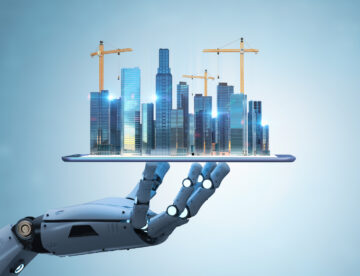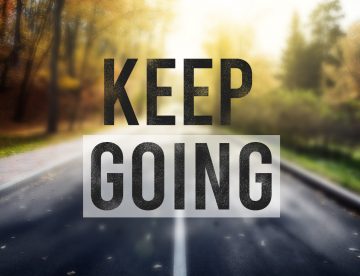
In today’s digital age, where there’s a constant influx of notifications, emails and social media updates, maintaining focus at work has become increasingly challenging.
Studies have shown that, for screen-focused work, our average attention span dropped from two-and-a-half minutes in 2004 to just 47 seconds in 2021. This decline in focus not only affects our productivity but also impacts our overall job performance and satisfaction. Keep reading for some tips on how to reclaim your attention and enhance work efficiency.

The afternoon slump, a dip in energy that usually occurs between 1.00 – 3.00pm, is a common experience for many workers. Whether you’re swinging a hammer on a construction site or crunching numbers in an office, the ‘slump’ can significantly impact your productivity.
However, by implementing a few simple strategies, you can effectively combat this mid-day lull and maintain a high level of focus throughout the entire day. Take a look at this week’s blog for more.

While some of the mobile apps we download end up doing little but take up space on our phones or tablets, others are revolutionising the way we live and work.
Right now, there are a great many mobile apps that are proving particularly useful for those working in the construction industry – supporting people by making every-day tasks simpler, improving efficiency in working practices and raising professional standards higher than ever before. In this week’s blog, we’ve got a rundown of just some of the apps available.

Over the past few months, we’ve witnessed a race in the launch of Artificial Intelligence (AI) technology that has been trained to interact with humans in a conversational way.
Natural language models like Open AI’s ChatGPT and Google’s Bard can produce pieces of creative writing, translate copy, summarise lengthy texts, access vast amounts of data to answer queries and have a human-like conversation. Whilst experimenting with these technologies can be both useful and fun, this has got us wondering whether AI might soon be taking on other creative work such as designing a building (or perhaps it is already)? Take a look at what we found out in this week’s blog.

When working as part of a team, it is almost inevitable that, at some point, you’ll experience a situation involving conflict – a difference of opinion, a misunderstanding or possibly an outright argument with a colleague.
This is often because, although you may be working towards a shared goal, most teams are made up of people from diverse backgrounds with different personalities, perspectives and opinions. However, conflict doesn’t have to be seen as wholly negative as, if it’s handled well, it can actually be an opportunity for healthy debate, personal growth and support innovation. See if you can achieve this by following our six conflict resolution tips.

Known as ‘Twelfth Night’, today officially marks the end of the festive period. For most people, this means that the lights and decorations will have been packed away, the chocolate box will be reduced to a few strawberry creams and normal working/ school days will have resumed.
While the return to a normal routine can feel like a natural comfort zone, for many people the prospect of the cold, dark winter months ahead can bring a dose of the blues and a lack of motivation that affects their personal and working lives.
If that’s you right now, here are a few tips for how you can stay motivated at work this January.

For most tradespeople, their van is not only a means of getting to and from work but also a vital part of their livelihood, holding many of the tools and materials they need to fulfil the day’s work.
How you fit out and organise your van can make a big difference in terms of the lifespan of your tools and equipment and also how efficient you are able to be on the job. With theft from vans being quite common, security is another major concern.
This week, we’re sharing five tips which could help you make sure your van is practical for your needs, well-organised and secure – in other words, fit for work.

Once upon a time (before we headed into today’s digital world), the main distraction most of us had during a working day was a conversation about the best of last night’s television over tea break!
But now, with notifications informing us of the arrival of the latest email, text, WhatsApp or social media post/ story, our working days can sometimes feel like one long interruption, resulting in little progress on the ‘to do’ list.
There are, however, methods which can be used to get around this problem so, today, we’re going to look at an approach called ‘deep work’. Read on to find out how you can kill those distractions and get more done.

Last night, the film industry turned out for the Oscars and usually the day after would see people discussing whether the awards went to the most deserving nominees. Only this year, the focus has shifted from the actual films as instead everyone is talking about the moment the actor Will Smith walked onto the stage and hit the comedian Chris Rock in the face!
The incident, which took place after Rock had made a joke about Smith’s wife, seemed completely uncharacteristic of the normally professional actor but this got us thinking about how easy it can be to lose your cool at work and whether there are ways to avoid doing just that. Take a look at our latest blog for five ways to keep your cool.

